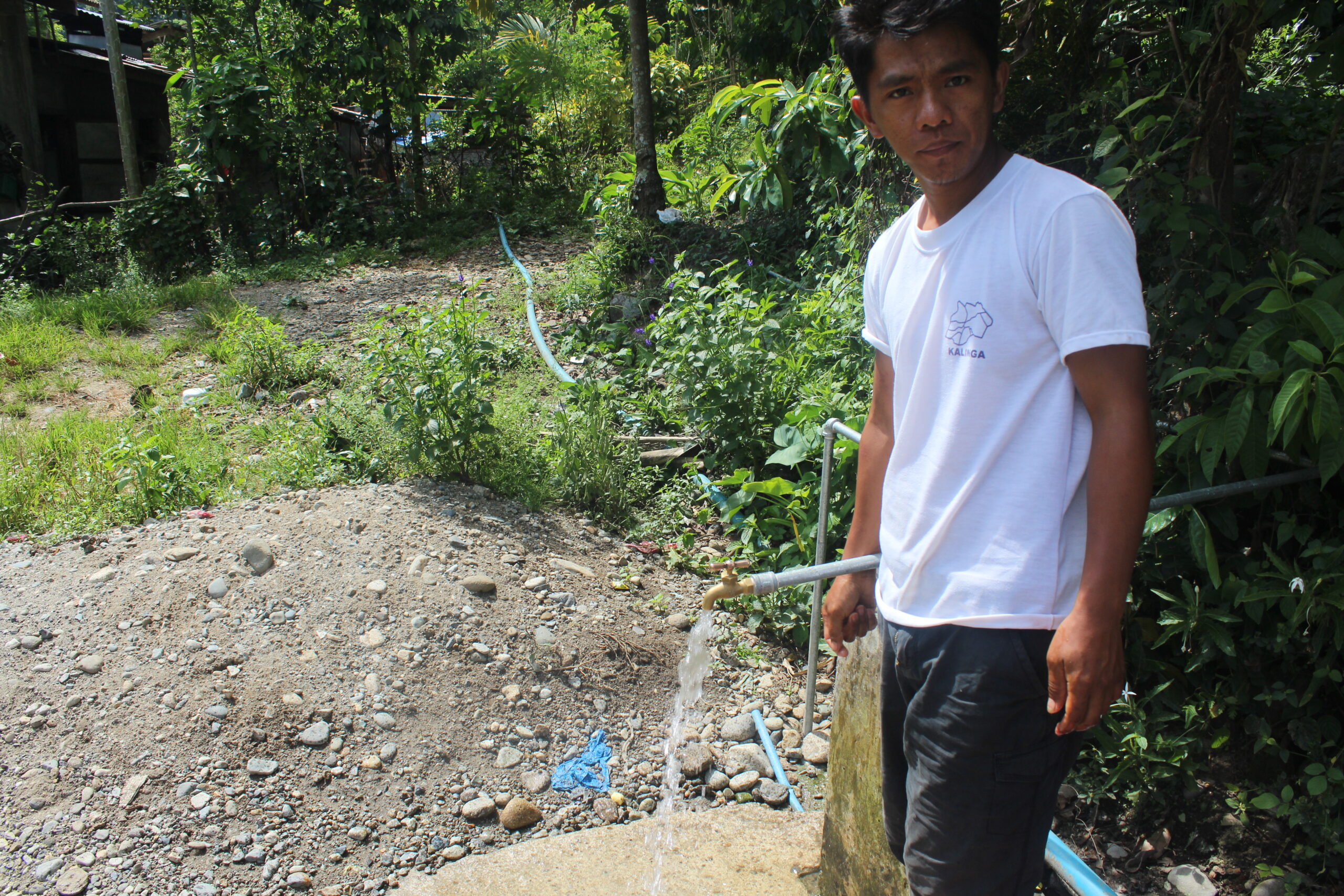Kalinga, Philippines – “It has become a practice in our community that every household member would collect water every morning. Even older women join in by fetching 10 to 20 liters of water lifted in one container on the head and one in each hand. Now, with a potable water source located near our village, residents need not travel far, depend on water trucks, nor make do with unreliable water source with limestone contents,” Froilan says.
Froilan’s face lit up when he talked about the newly built potable water system in their area. Since then, the community has easy access to safe water. Before that, the community members had to contend with limited access to safe water. Previous typhoons damaged the community’s water sources, aggravating their already deteriorated condition. Worse, Typhoon Ompong (known internationally as Mangkhut) exacerbated this condition when it ravaged the community. Froilan and other family members had to walk long distances daily to fetch water needed for the day’s chores. Some residents who have vehicles would even go to the other barangays for safer water that took 30 minutes of ride. Unfortunately, those who do not have their transportation had no other choice but to use water with limestone contents from the mountainous areas of Wanayon and Patakan.
For Froilan and his fellow residents at Sitio Mosimos, the largest sitio of Barangay Dupag in Tabuk, Kalinga, aspiring to have access to a clean water supply used to be overly ambitious since it would be too expensive for them. The water that runs through their hoses is not clean enough for drinking. Its limestone contents can cause serious health problems. Also, the community had no proper toilet because of poor water supply.
To respond to the urgent need of the community, CDRC, together with Cordillera Disaster Response and Development Services, Inc. (CorDisRDS), initiated a project that would bring clean water to Barangay Dupag. The leaders of the people’s organization in the area chose an ideal location where to build the water system and install the community faucets. Soon after, community members worked together and helped one another to complete the project.
It took almost six months to finish the project, benefitting 127 households. Today, Froilan and his fellow residents in Barangay Dupag have easy access to clean water in their community.
Smiling from ear to ear, Froilan couldn’t contain his joy when he expressed that the installation of potable water sources in the village greatly improved the conditions of people in their community. For one, Froilan and his family no longer have to walk great distances to access water. Residents’ daily burden has been reduced and their fears about their contaminated drinking water have also been addressed. Gone were the days that they would use unreliable waterholes with limestone contents. They now have a clean water source that is not only easy to access, but also freed them a lot of time that they can now instead use to attend to their livelihood and saved them money for their other necessities. But, the work isn’t done yet. The community members formulated policies that aim to sustain the project and guarantee proper water management. Consequently, they formed a committee that would ensure its implementation.
The participation of the villagers was overwhelming. The spirit of volunteerism was felt in the planning, monitoring, troubleshooting, and implementation of the project. Even though there were doubts at the start of the project due to the “every man for himself” attitude of the community, the intervention’s appropriateness, and relevance to the need of the populace united the people. Since the project had limited funds, the community worked together to finish the project. Froilan believes that with this unity, they can achieve more in the future. The faucets that connect to every household will be a constant reminder to the community that whatever storm comes, nothing is impossible if the community members work together and help one another.
Barangay Dupag attained easy access to safe water through the project “Restoring the Livelihoods of those most affected by Tropical Storms in Luzon” in 21 Barangays of Central and North Luzon, Philippines through improved access to community-based assets, livelihood support, and CBDRRM knowledge. This was made possible through the unwavering support of Diakonie Katastrophenhilfe (DKH).

